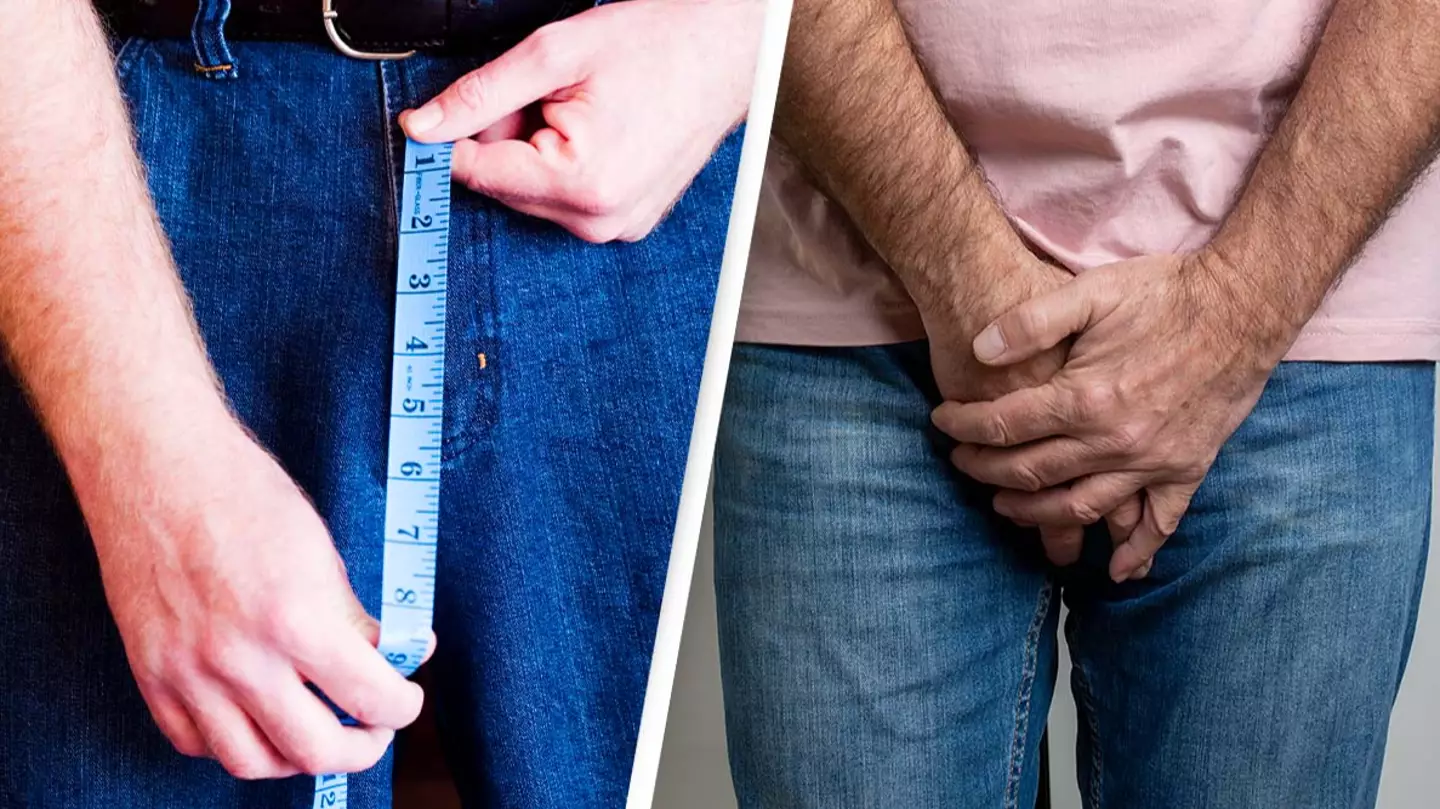
Topics: Health, Science, Environment
Scientists have revealed how human penises have increased in size over the years and why that might not necessarily be a good thing.
The topic of size is certainly a divisive one; many argue studies looking into penis size may not be overly accurate, as men could easily lie about the size of their manhood.
Despite that, there are a lot of studies out there, and a more recent one looked into the average penis size from way back in 1942 up until 2021.
While flaccid penis lengths have remained the same over the years, researchers found the average erect penis length has increased massively over the last 30 years.
Advert

The results were made up after 55,761 men all over the world took part in the study, with the results only being included if the measurement was carried out by an investigator.
As such, self-reported data was not included within the results, which in turn should improve reliability.
The team of researchers explained in their results: "Erect length increased significantly over time in several regions of the world and across all age groups.
Advert
"After adjusting for geographic region, subject age, and subject population; erect penile length increased 24 percent over the past 29 years."
In terms of numbers, the average erect penis size has increased from 4.8 inches to 6 inches over the space of 30 years - but that's not necessarily good news.
The lead researcher behind the study believes chemical exposure interacting with hormones may have contributed towards the increase.
Heck, Michael Eisenberg, a professor of urology at Stanford Medicine, thought that, before the study was completed, penis size may have decreased over the past three decades.
Advert

The team also wanted to look at how changes to men's reproductive health in recent years, like declining sperm count, would have impacted the results.
The lead author said: "Given the trends we'd seen in other measures of men's reproductive health, we thought there could be a decline in penile length due to the same environmental exposures.
"There could be a number of factors at play, such as chemical exposure, like pesticides or hygiene products, interacting with our hormonal systems. These endocrine-disrupting chemicals – there are many – exist in our environment and our diet."
Advert
He continued: "As we change our body's constitution that also affects our hormonal milieu. Chemical exposure has also been posited as a cause for boys and girls going into puberty earlier, which can affect genital development."